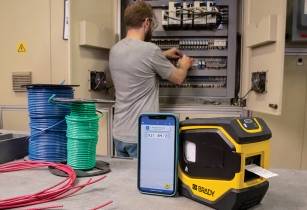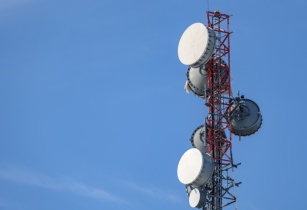Vanu Inc, a provider of mobile communications solutions, has announced the launch of VanuMaps, an accurate mapping resource capable of detailing where connectivity is lacking and can be provided profitably throughout Africa
This new mapping tool, developed in collaboration with FHI 360, will enable Vanu’s mobile network operator customers to quickly and accurately identify communities in need and the most effective strategies to address their connectivity challenges.
Currently, 1.2 billion people worldwide lack connectivity. The company stated that it helps close the digital divide by providing new technology solutions and a business model based on small-cell network architecture, wholesale network operations and solar power. Using VanuMaps, the company will be able to build its strongest business case for investment in connectivity opportunities in countries with lower levels of access to telecommunication service.
Andrew Beard, CEO of Vanu Inc, said, “Among the larger challenges of supplying mobile coverage to regions where it is currently unavailable is that there has not necessarily been a sufficiently accurate answer to the question: ‘where are the people who lack coverage located?’ That information is critical for us and our mobile network operator customers to identify sites efficiently and to invest with confidence, knowing that a reasonable return is available.”
“To accurately capture this data, our team developed a series of proprietary software algorithms that are able to produce maps incorporating coverage, population, terrain, propagation and other factors with a level of precision not previously available for these markets. This is essential when implementing small-cell network architecture. With these maps as a path forward, we will now be able to identify the communities with the most immediate connectivity needs and continue to work with our partners to deploy affordable, power-efficient and reliable mobile networks to those areas,” he added.
The coverage estimates included in the maps are an aggregation based on tower and terrain data and are not specific to a particular mobile network operator, nor is it known which mobile network operators operate from the towers used to predict coverage on the map.
“The socioeconomic opportunities that mobile connectivity can offer to traditionally underserved communities that lack coverage are inspiring,” stated Project Director Troy Etulain, Digital Development for FHI 360.
“Connectivity is increasingly essential for inclusion in educational, health care, governance, identity and business ecosystems. We know it is already possible to profitably connect the world’s unconnected populations with innovations in both business models and equipment,” he explained.
“Accurate, granular coverage maps enable the precise identification of investable opportunities for extending connectivity, for ensuring no communities are left out. This unprecedented resource Vanu has created can provide clarity for investors, entrepreneurs, companies, governments and other organisations as they launch new ventures that connect the unconnected. Maps such as these can also play an essential role for businesses, governments and NGOs planning the provision of digital financial services prior to market entry or deployment,” he concluded.



































